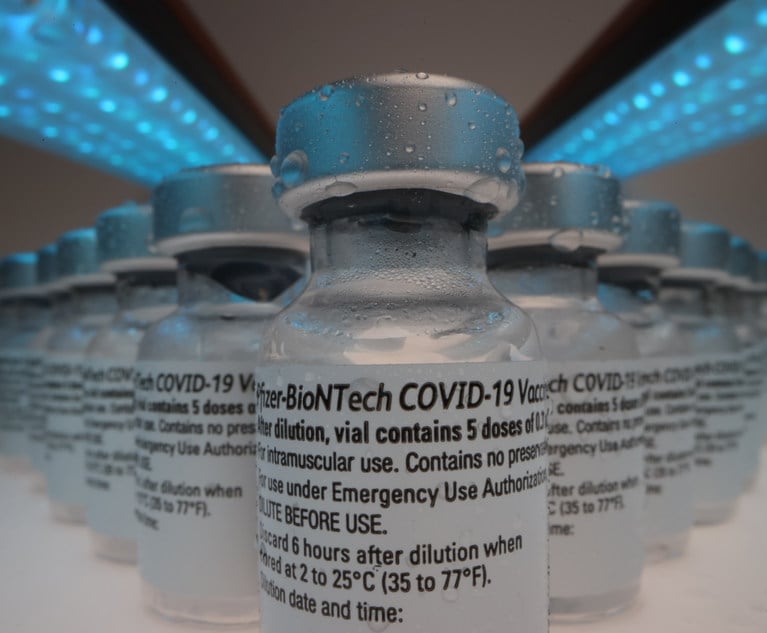Over a year ago, the Supreme Court held in TC Heartland v. Kraft Food Groups, that venue for patent suits against domestic corporations is limited to either the defendant’s state of incorporation, or where the defendant has a regular place of business and committed allegedly infringing acts. TC Heartland caused a dramatic shift in the location of patent infringement suits, most notably pulling suits out of the Eastern District of Texas. TC Heartland left a number of open questions. Recent Federal Circuit and district court opinions have sought to answer at least some of these questions. This article summarizes some of those opinions and offers some suggestions on how they may affect California corporations in various scenarios.
California Corporations Sued in California
There has been relatively little litigation regarding TC Heartland option (1), in part because the defendant’s home state has long been a clear option for proper venue. However, TC Heartland brought to light a lingering issue: in multi-district states of incorporation does the patent venue statute (28 U.S.C. Section 1400) permit suits all districts, or just one. In states like California and Texas, where certain districts are perceived as particularly plaintiff friendly, the issue can have a significant impact.


 Brandon G. Smith( left) and Payson LeMeilleur(right) of Knobbe Martens.
Brandon G. Smith( left) and Payson LeMeilleur(right) of Knobbe Martens.




